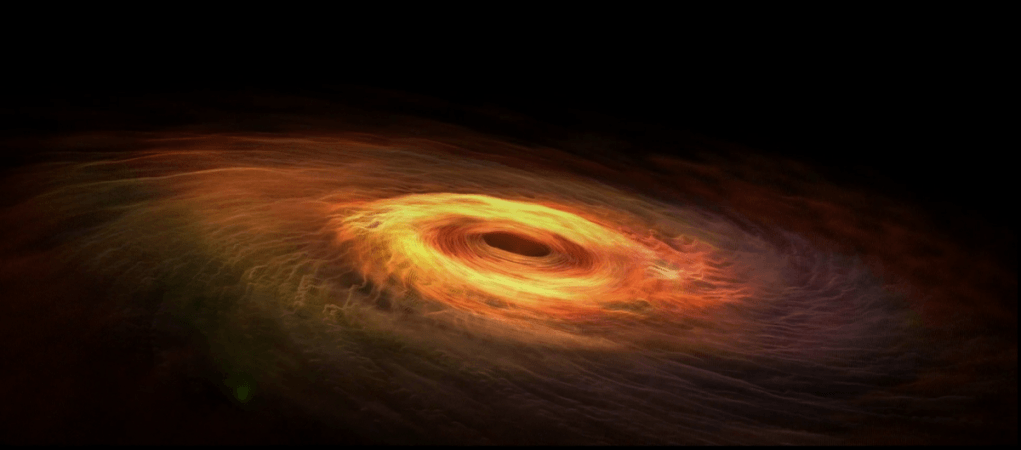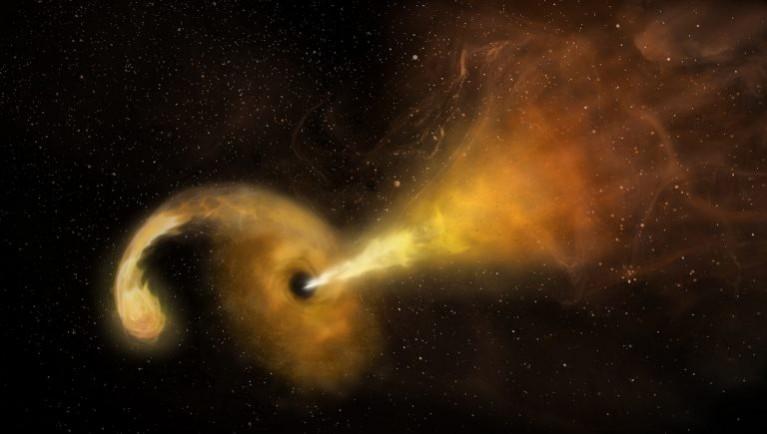
Particle accelerators like the CERN Large Hadron Collider (LHC) could theoretically create strange new forms of matter that can compress anything it comes into contact with, eventually crushing the entire planet into a small, dense sphere about the size of a football pitch—about 100 metres across.
A new book by renowned British Cosmologist Martin Rees outlines a few projected outcomes of what might happen in an accelerator. According to a report by ScienceAlert, the main function of an accelerator is to bring two particles close to light speed, crash them into each other and see what happens. As rudimentary as that sounds, it is one of the most sophisticated experiments run today and has helped physicists actually create new particles and deepen humanity's understanding of the physical realm.
Experiments such as these, however, are not easy and more importantly, have their own set of risks. One of the outcomes of an experiment where scientists themselves do not actually know what could happen is that, by definition anything could happen. It is possible, writes Rees, that a black hole could form as a result of the experiment and suck everything in Earth into itself, obliterating the planet.

Even more scary, said Rees is the possibility that strangelets could appear. "... quarks would reassemble themselves into compressed objects called strangelets." he writes. While Strangelets by themselves are not dangerous, but there exist hypotheses where, "a strangelet could, by contagion, convert anything else it encounters into a new form of matter, transforming the entire earth in a hyperdense sphere about one hundred metres across."
The report explains that is the approximate length of a football field.
There is also a third way in which an accelerator experiment can turn out to be catastrophic says Rees.
Space, what physicists call the vacuum is not just nothingness, he explains. "It is the arena for everything that happens. It has, latent in it, all the forces and particles that govern the physical world. The present vacuum could be fragile and unstable."
He went on to speak of "phase transition", the concentrated energy created when particles crash together. It could theoretically rip the fabric of space. "This would be a cosmic calamity, not just a terrestrial one." In essence, a mishap at the LHC, could destroy not just Earth, but trigger the destruction of the entire universe.










